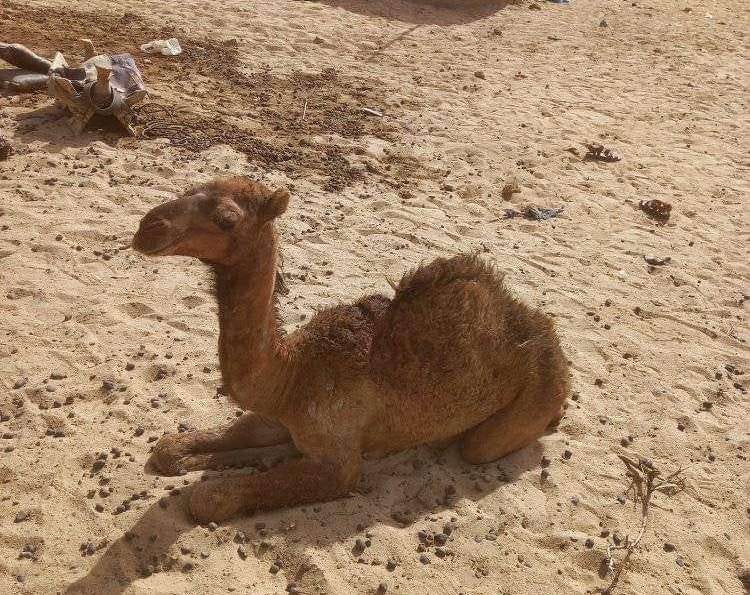Hundreds of camels killed in North Darfur attack
Apparent airstrike using barrel bombs at water wells near Melit

Hundreds of camels and seven shepherds were killed in an apparent air attack by the Sudan Armed Forces (SAF) on Melit town of North Darfur State. The animals were resting peacefully at night when barrel bombs fell on them from above, sen…
Keep reading with a 7-day free trial
Subscribe to Sudan War Monitor to keep reading this post and get 7 days of free access to the full post archives.

